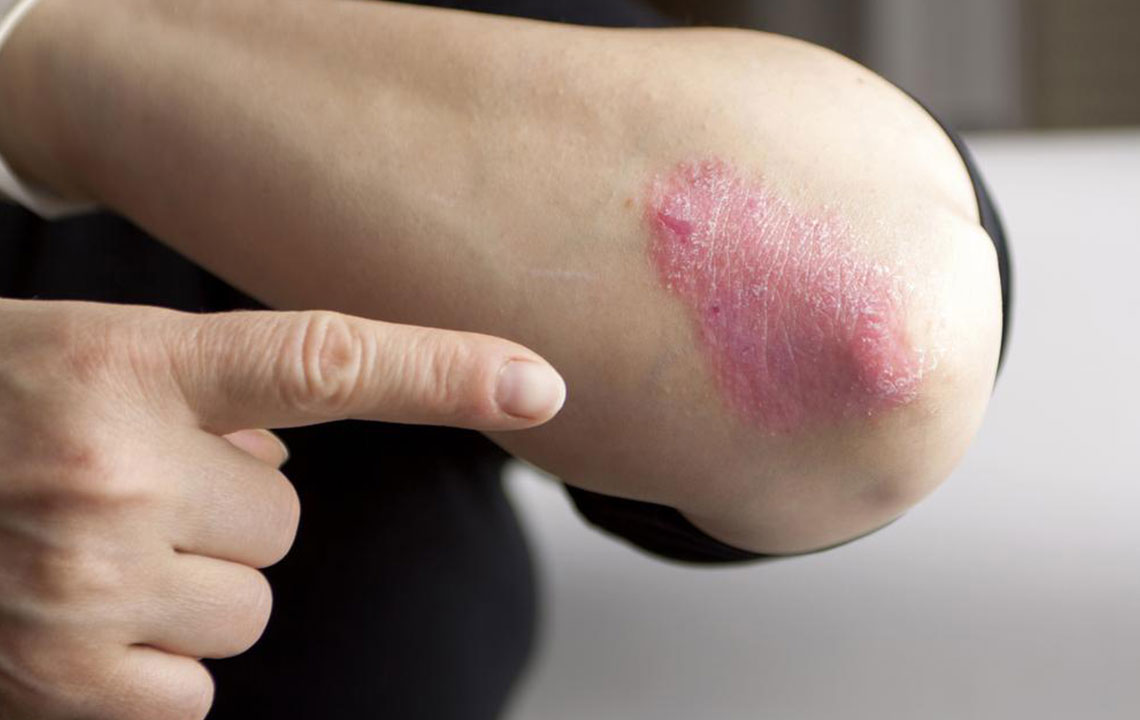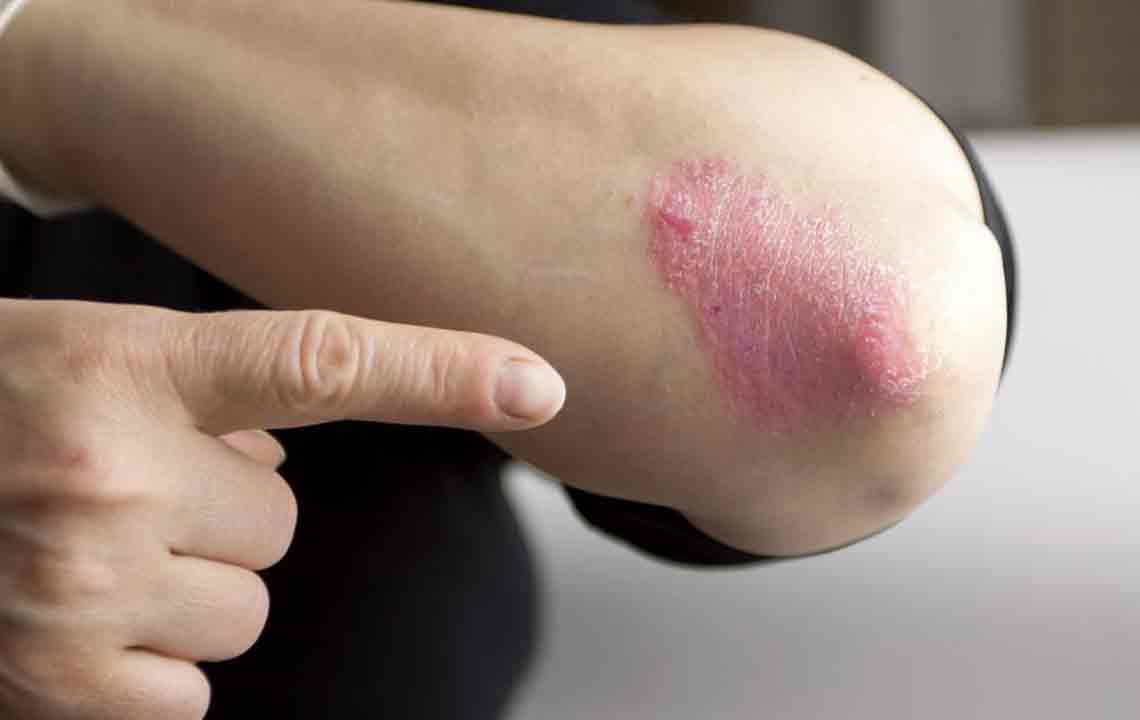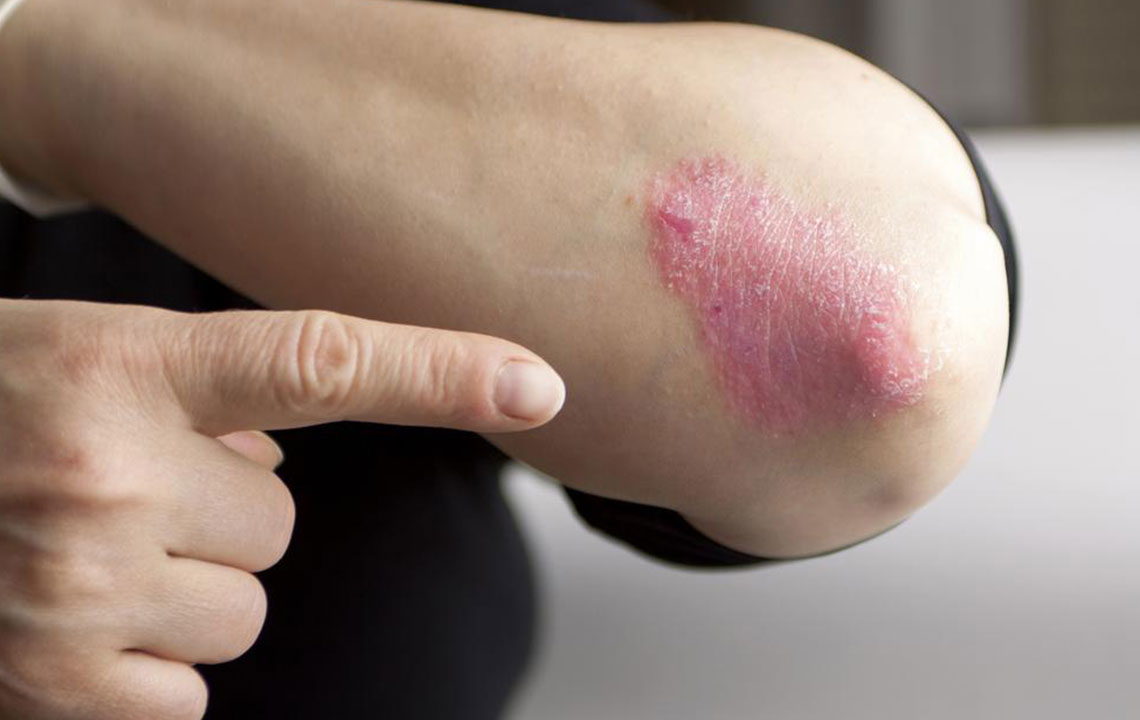Effective Strategies for Managing Chronic Plaque Psoriasis
Discover comprehensive strategies to manage chronic plaque psoriasis, including topical treatments, phototherapy, systemic medications, and lifestyle adjustments. Learn how personalized approaches can improve quality of life, address challenges, and promote skin health effectively. This article highlights the importance of early diagnosis and tailored therapy plans to achieve better outcomes and minimize complications.
Sponsored

Psoriasis is a common skin condition that can impact various parts of the body, including hands, feet, elbows, knees, scalp, and skin folds. This persistent inflammatory disease affects both skin and joints, altering quality of life. It is a complex autoimmune disorder with a genetic component, characterized by skin cell overproduction leading to scaling and plaques. Chronic psoriasis can weaken immune responses, making individuals more vulnerable to infections. Both genders are affected, typically in adulthood, with environmental, hereditary, and immune factors contributing.
Symptoms include itching, redness, and discomfort, interfering with daily activities, sleep, and social life, often leading to psychological distress. Psoriasis severity ranges from mild to severe and is linked with conditions like diabetes, arthritis, and heart disease. Importantly, it is non-contagious. Diagnosis involves clinical examination, family history, and skin biopsies, as symptoms resemble other skin issues. Treatments vary based on severity, location, and patient response and encompass topical applications, light therapy, systemic medications, and combination approaches for better outcomes.
Topical Treatments for Psoriasis
These involve applying medications directly on the skin, such as moisturizers, vitamin D3 analogs, salicylic acid, and coal tar. They soothe irritation, slow skin cell growth, and improve appearance when used alongside other therapies.
Photo-therapy or Light Therapy
In this approach, skin is exposed to ultraviolet light under professional supervision, using natural sunlight or artificial sources. Regular sessions can significantly alleviate symptoms, whether at clinics or home setups.
Systemic Options for Severe Psoriasis
When topical or light therapies are insufficient, systemic medications like cyclosporine, retinoids, and acitretin are used. These drugs are taken orally or via injections and help suppress immune activity and curb rapid skin cell turnover across the body.
Combined Treatment Methods
Combining topical, light, and systemic therapies, often at lower doses, can increase effectiveness and reduce side effects. Therapy plans are personalized considering disease duration, severity, and patient response.
Potential Challenges During Treatment
Managing psoriasis may cause skin dryness, redness, and peeling, along with side effects from medications. Psychological effects like depression and anxiety are common due to self-consciousness. Severe cases might impact heart health due to increased blood flow during treatment. Ongoing research focuses on genetic factors and innovative treatments. Lifestyle changes like weight loss, healthy eating, and regular exercise support management. With consistent medical oversight, many patients find relief from chronic psoriasis.






